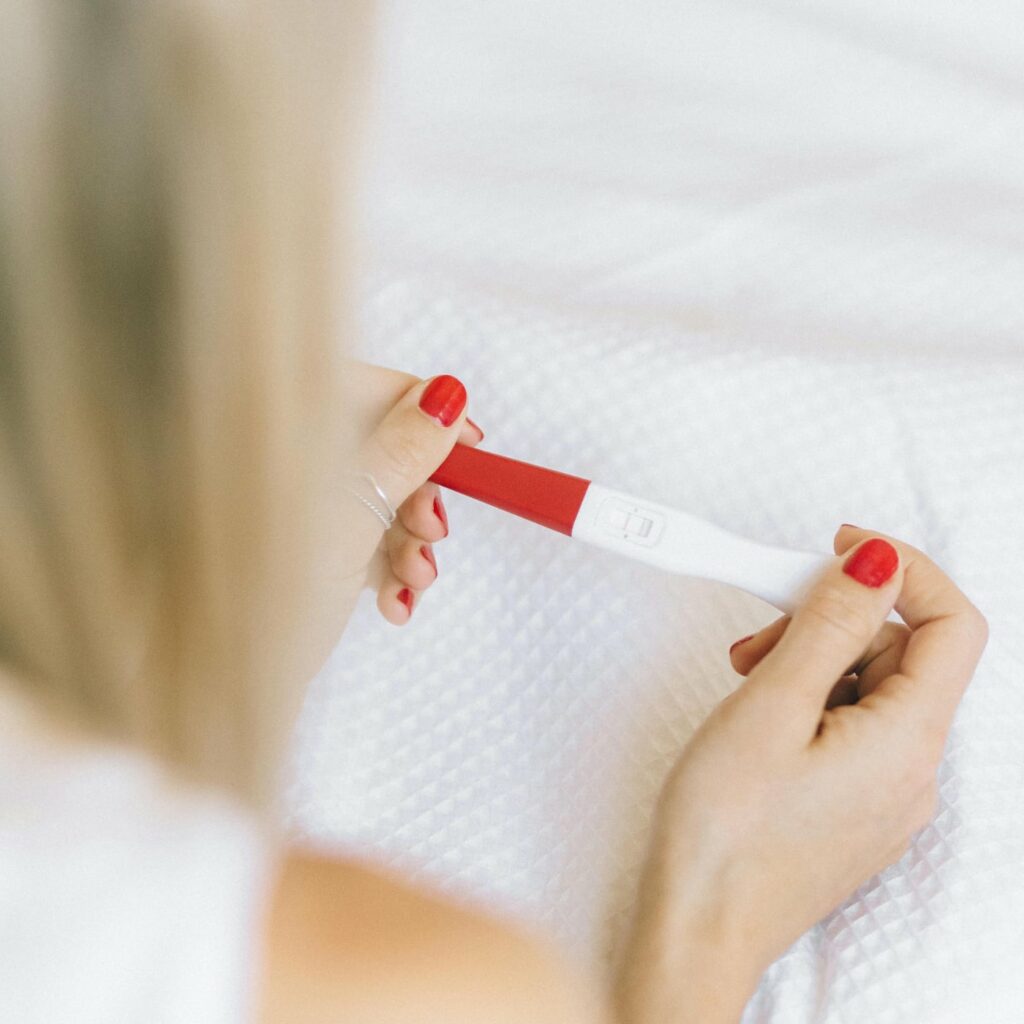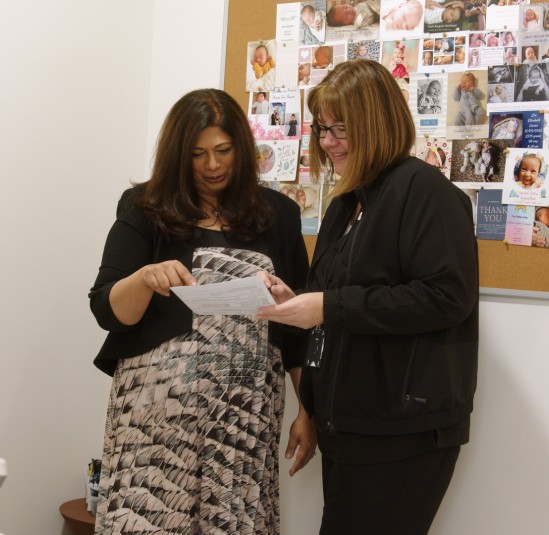In this situation, IVF with intracytoplasmic sperm injection (ICSI) treatment may be suggested.
For natural fertilisation, the sperm travels to the egg and penetrates the outer layers. In ICSI, instead of letting the sperm fertilise the egg by itself, a single sperm is injected into each egg using sophisticated micromanipulation equipment.
ICSI may sometimes be used if sperm are obtained directly from the testes, such as after vasectomy reversal, in the absence of the vas deferens or if donor sperm is being used.

In natural conception, many millions of sperm cells are needed for fertilisation. In ICSI, just one is often enough.
For couples who decide to go through with ICSI, the female partner is given follicle stimulating hormone (FSH), either with an oral medication or an injection, to encourage several eggs to develop in the ovaries. The eggs are then removed in a short outpatient procedure.
In the laboratory, individual sperm cells are injected into each of the collected eggs. A very powerful microscope and very fine needle are used for this procedure, as the human egg is about one-tenth of a millimetre in diameter and the sperm is about 100 times smaller again.
After about 24 hours in the incubator, most of the eggs will show signs of fertilisation. The cells will divide and multiply to form an embryo and after two or three days an embryo will be made up of about eight cells. It will then be transferred to the uterus with thin, flexible needle to implant the embryo and to form a pregnancy.
For men with sperm quality problems, normal fertilisation rates with ICSI are around 50-60%. This means that for every ten eggs combined with sperm, five or six eggs would be expected to fertilise. ICSI will not increase your chance of fertilisation if your sperm assessment is normal.
The chance of ICSI treatment resulting in a pregnancy and a birth depends on your particular fertility issue and your age.
If you are wanting to have a consultation to discuss your situation, or you are ready to undertake a comprehensive fertility assessment, please book a consultation today.

